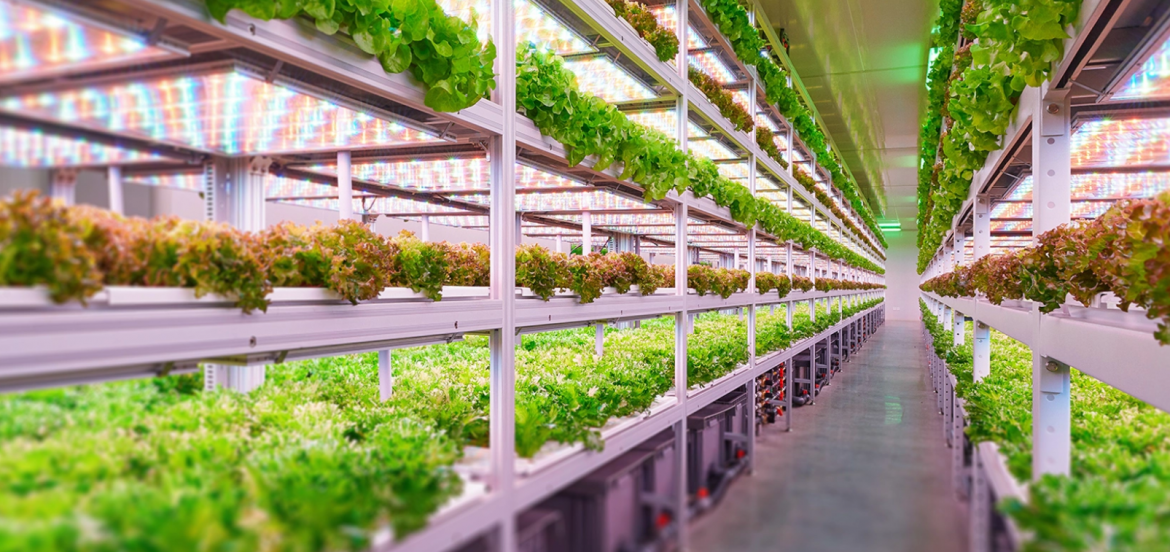Cities around the world are increasingly exploring ways to produce food locally. Urban farming has emerged as a promising method to cultivate crops efficiently within metropolitan areas. By utilizing controlled environments and innovative growing techniques, this approach allows experienced growers to optimize yield, quality, and consistency. Urban farming not only addresses space constraints but also reduces dependency on long supply chains and lowers environmental impacts associated with transportation. Additionally, it provides opportunities for communities to access fresher produce and promotes awareness of sustainable food systems, encouraging more responsible consumption habits in urban populations.
Key Technologies Shaping Urban Farming
Several technologies are transforming the practice of urban farming. Vertical farming systems enable multiple layers of crop cultivation, maximizing production per square meter. LED lighting solutions simulate natural sunlight and support plant growth regardless of outdoor conditions, while hydroponic and aeroponic nutrient delivery systems provide precise nutrition to crops. Advanced climate control technologies regulate temperature, humidity, and airflow, ensuring that plants grow in optimal conditions. Together, these innovations allow growers to maintain steady production cycles and respond effectively to urban agriculture challenges in regions like Europe, North America, and the Middle East. Furthermore, these technologies help minimize water usage and reduce reliance on chemical inputs, aligning with environmental sustainability goals.
Integration of Automation and Industrial Production
Automation plays a critical role in modern urban farming. Companies such as 4D Bios focus on combining AI-driven monitoring, automated nutrient management, and scalable lighting schedules to improve cultivation efficiency. Their solutions support large-scale crop production using industrialized methods, enhancing uniformity and productivity. By leveraging these systems, growers can minimize labor intensity while maintaining consistent quality across crops. This approach aligns with market needs in countries such as Australia, Singapore, and the Gulf States, where urban food production is increasingly encouraged by local policies promoting sustainable agriculture. Additionally, integrating real-time data analytics allows operators to make precise adjustments, improving both efficiency and crop health.
Conclusion: Reliable Solutions for Experienced Growers
For experienced operators seeking to implement advanced urban farming practices, the combination of vertical cultivation, precision lighting, and automated environmental control offers significant advantages. Companies like 4D Bios provide integrated plant factory solutions that streamline the management of lighting, nutrients, and growth conditions, facilitating standardized large-scale production. Their expertise in industrialized urban farming ensures that growers can achieve efficient, high-quality cultivation while addressing the unique challenges of metropolitan agriculture. Overall, adopting these technologies helps cities enhance local food security, reduce environmental impacts, and create resilient urban agriculture systems.


